Charming the Plow
A time to give thanks for the coming spring and the fertility of the soil. During the ritual, the equipment, seeds, and fields would all be charmed for an abundant growing season.
The ancient legend states that the Swedish King told the goddess Gefjon she could take ownership of as much land as she could plow in one day.
Gefjon turned her four sons into oxen and they plowed the land from coast to coast.
Celebrate Today
Bake some small cakes to honor Mother Earth. Dig four holes in your garden in the cardinal directions and place a cake in each hole. Ask that the cakes bless the soil with fertility.
Lift your arms to the sky and ask that the Gods bless your garden with fertility and abundance.
Anoint your plow (or garden tools) with olive oil and herbs such as myrrh and cinnamon.
Honor the Women in Your Life Today
Celebrate this holiday by recognizing and honoring those women in your life that make a difference. What women this year have had an impact on you?
You may also want to celebrate Thorroblot this season.
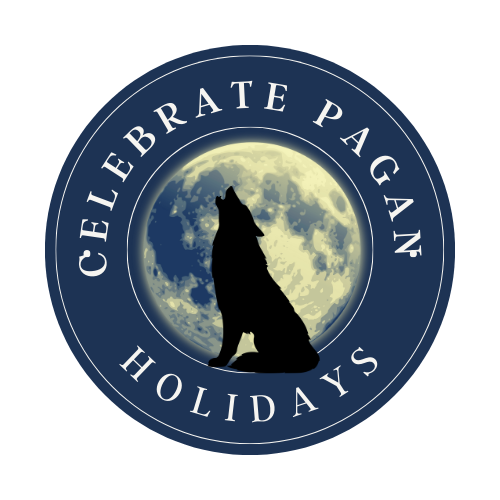



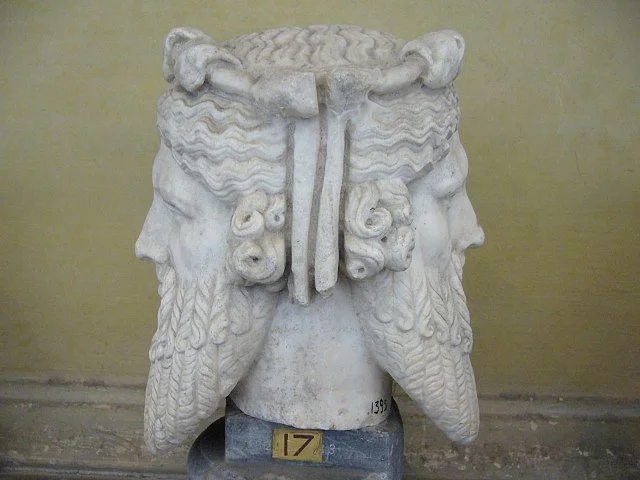










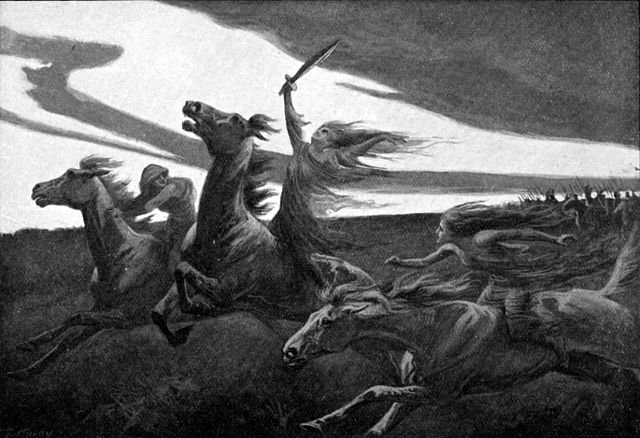
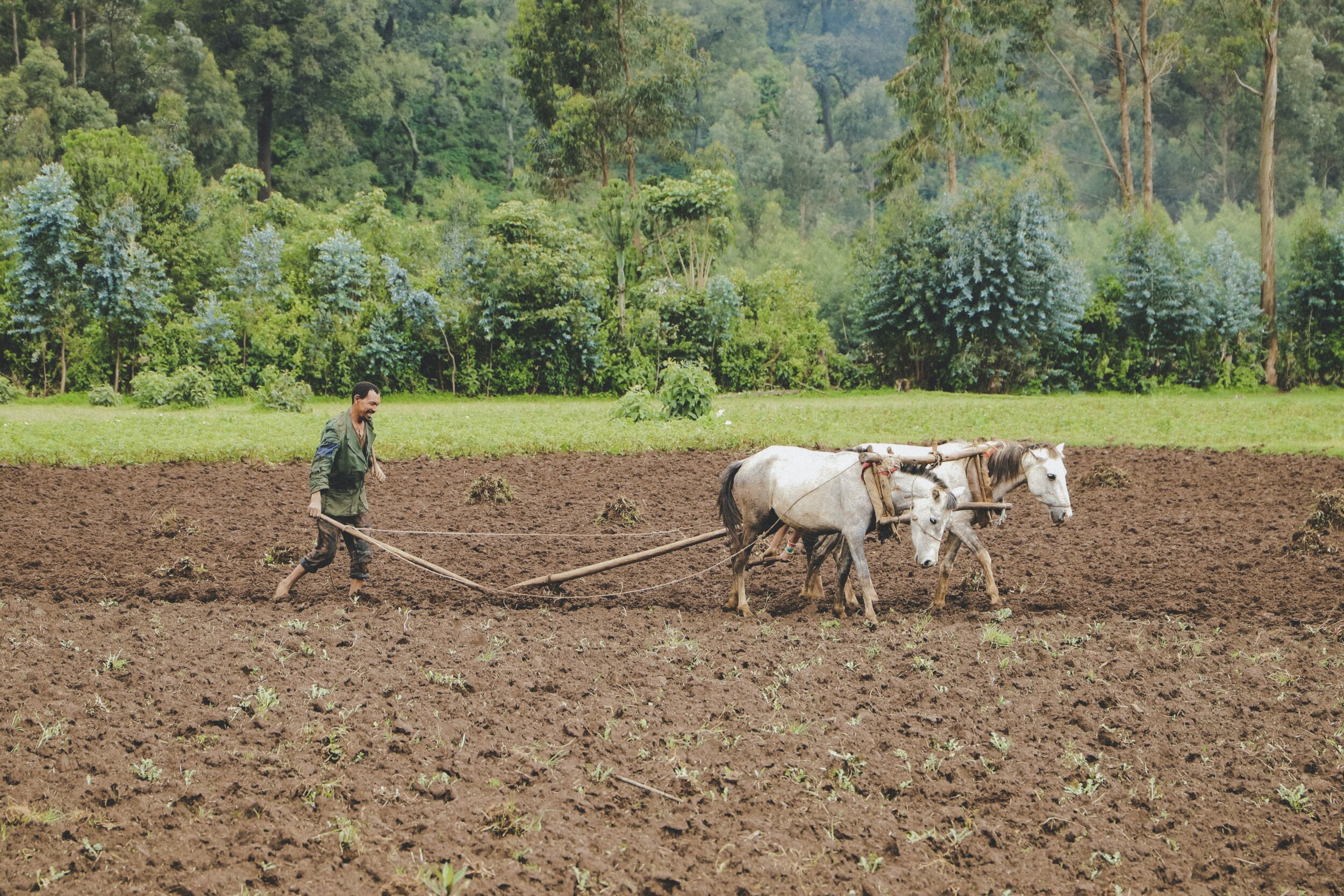






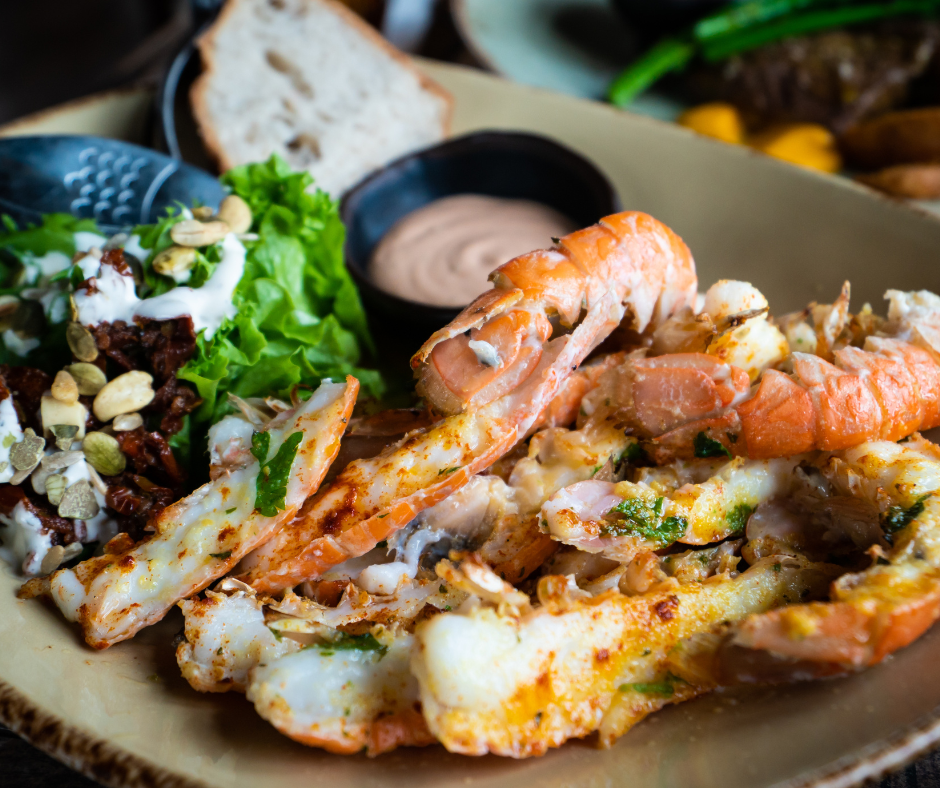

So, you want to become a Norse pagan? That's great! In general, pagan religions don’t ask you to convert, proselytize, or profess allegiance to a single God.
Norse paganism is open to anyone who believes in their deities and practices. There is a growing interest in Nordic religions. In fact, the old Norse religion is going through a major revival.